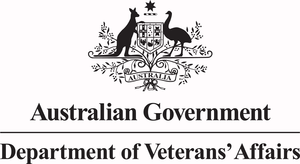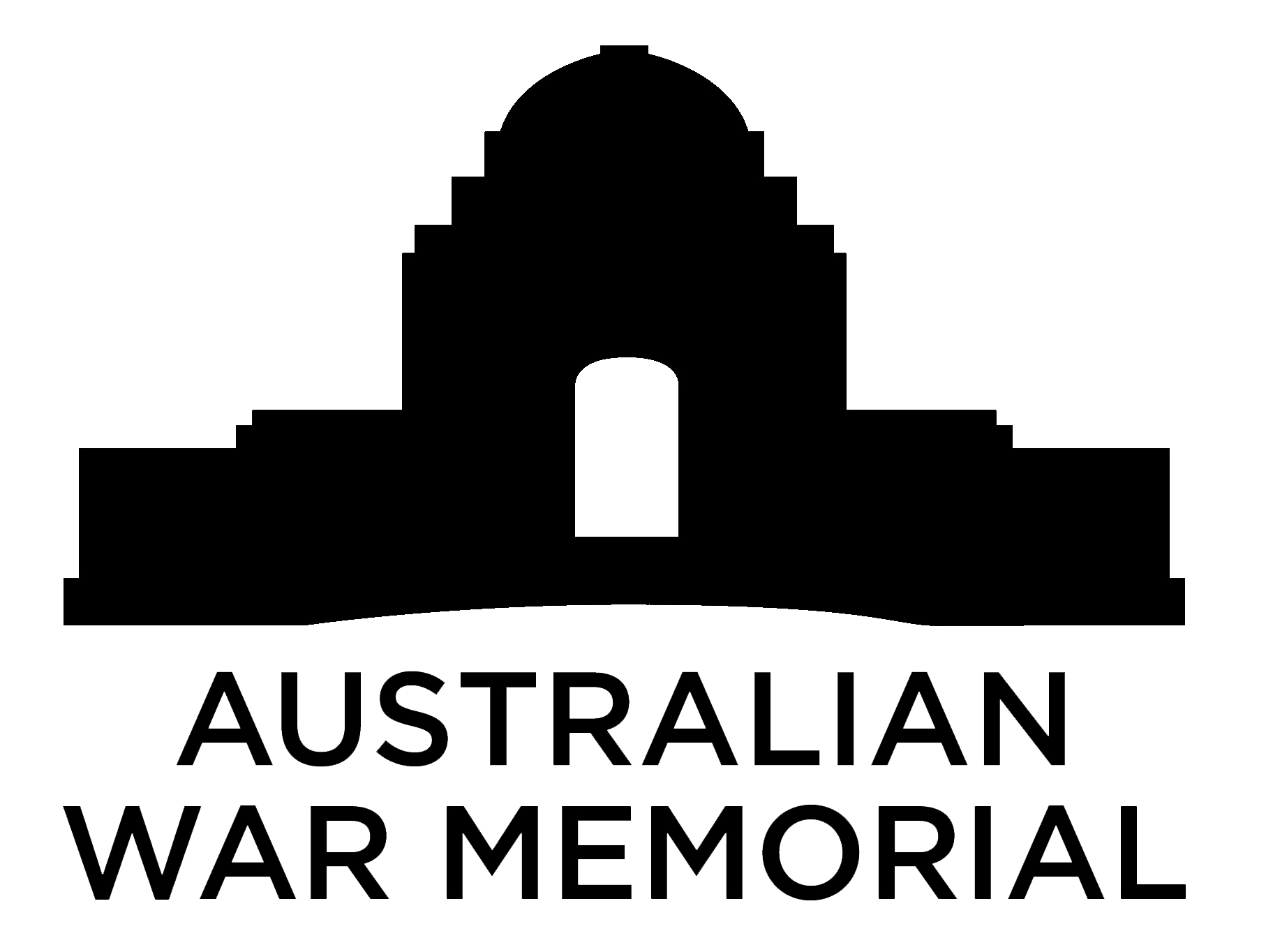From Roland Peelman, Artistic Director The Song Company
“An impressive performance indeed. An ambitious project which involved many people and which was delivered with great aplomb”
From renowned mezzo-soprano Lauris Elms AM OBE
In this century we have grown accustomed to war, and celebrating violence seems to happen on a daily basis.
It was with great interest that we went to the Sydney Town Hall last Sunday to hear Christopher Bowen’s An Australian War Requiem.
The old Town Hall has seen many wonderful concerts in the 19th and 20th Century, and the performance we were about to hear ranked with the most memorable of those experiences.
When we walked into the building, we saw a large screen set up over the stage, showing scenes from the Great War.
Britten’s War Requiem is justly regarded as a masterpiece, and now we have an Australian War Requiem to stand unashamedly beside it.
Chrisopher Bowen’s An Australian War Requiem was one of the most moving and profound experiences I have had for many years. The splendid text was based on letters written between Australian mothers and their sons in far away France. The letters were printed in the program for us to read, and Pamela Traynor’s text was beautifully built on real events, as those young men lived – and died – through those terrible times.
The work is divided into three parts; Tableau 1. The Horrors of War. Tableau 2. Sons and Mothers, and Tableau 3. Reflections on Loss.
The concert began with the screen showing a woman, as the narrator read a mother’s letter to her son, we saw the young man, and then heard his letter to her. Each of the Three Tableaux was preceded by five scenes from the war being fought in France.
The music began with the bass (Atatürk), and the large choir singing the Requiem Aeternam very softly. As the children’s choir was joined by the soprano and large choir, the work gradually grew to show the tragedy which was to unfold.
As the splendid baritone soloist sang the words of a dying soldier from the battlefield, and the music built to the climax, I was moved to tears. The final moments, as a piper played the bagpipes, was inspiration.
The concept of the presentation was wonderful, as we were transported into the horror of those days by the music of Bowen and his magnificent orchestration, by Traynor’s masterly libretto, and the images presented on the screen, helping the viewer to identify the journey we were traveling.
The Sydney University Graduate Choir sounded supremely confident, with a rich tone in this large hall. The other choirs, Waitara Voices and Fort Street High School, were very well prepared and gave of their best.
The splendid soloists were Celeste Lazarenko and Ayse Göknur Shanal sopranos, Christopher Richardson baritone and the exceptional Adrian Tamburini, bass-baritone. They were joined, stepping into this new and difficult work at late notice, by the magnificent tenor Henry Choo. (Why do we not hear more of this wonderful operatic tenor?) All the soloists were obviously moved to be part of this beautiful and important new work, and to find the music easily accessible at first listening was for me, a great pleasure.
Christopher Bowen has written some fine work over the years. In An Australian Requiem he has established himself as a great composer for all time. Musically this was a thrilling and unforgettable experience.
Lauris Elms
The following review originally appeared at ClassikON, posted 18 August 2014
AN AUSTRALIAN WAR REQUIEM
Sydney University Graduate Choir and Orchestra
Sydney Town Hall, Sunday August 10 2014
Christopher Bowen’s An Australian War Requiem is the end result of a truly staggering effort put forth by a bevy of passionate supporters, including government bodies both domestic and international, patrons, citizens, the wider arts community and of course nearly 250 choristers and instrumentalists.
Commissioned in recognition of the 100th anniversary of the outbreak of World War I, the work – for massed choir, children’s choir, SSTBB soloists and orchestra – takes as its inspiration the letters written by Australian soldiers to their mothers during the war. Librettist Pamela Traynor trawled through hundreds of examples of these poignant and often heartbreaking paeans to loss, conflict, and loneliness, spinning them into a three-part libretto which, combined with Latin Requiem sequences, painted a compelling and deeply moving portrait of both the horrors of war and the salvation of love.
Elements of Britten, Shostakovich and Mozart wove through Bowen’s music, which was at turns haunting, stark and dramatic, with a flair for clever orchestration and rich choral writing. Roughly structured in the style of an oratorio, An Australian War Requiem alternated short recitatives with more substantial arias and choruses, bringing the solemnity of the ‘Latin Requiem’ liturgy into thought-provoking conversation with ruminations on the futility of war. Tenor soloist Henry Choo, as the Soldier, gave every single ounce of himself to his performance, his assured, glossy tone imbuing the role with pathos and a real depth of expression. The Sydney University Graduate Choir displayed excellent control, diction and uniformity of sound, notably in the exciting 7/8 rush of the ‘Shells Burst’ chorus. Other highlights included the exceptionally well-trained voices of the Waitara children’s choir, soprano Celeste Lazarenko’s gorgeous and genuinely affecting performance as the Mother, and bass Adrian Tamburini’s heartbreaking delivery of ‘I’m done, boys, I’m done…’ in the final ‘Tableau’.
Bowen’s use of simple chromatic motives and military-like orchestration (think funeral bells, snare drums and bugles) helped to both unify the work’s three ‘Tableaux’ and to ground them in reality whenever the music threatened to become a little twee or overly grand given the subject matter. Despite occasional balance issues between the soloists and orchestra, each musician’s commitment to this composition made for a compelling and memorable performance which no doubt will reveal more of its secrets upon subsequent hearings.
An Australian War Requiem was brought to a conclusion with a duet between timpani and off-stage bagpipes, leaving the audience at Sydney’s beautiful Town Hall feeling as though they’d been part of something truly unique. Music has the ability to express what words cannot, and on this solemn anniversary what better way to remember and honour the memories of Australia’s fallen soldiers than through the beauty and clarity of the human voice?
Luke Iredale







Pingback: Christopher Bowen’s ‘An Australian War Requiem’ Premiered | SingOn, from Sydney University Graduate Choir